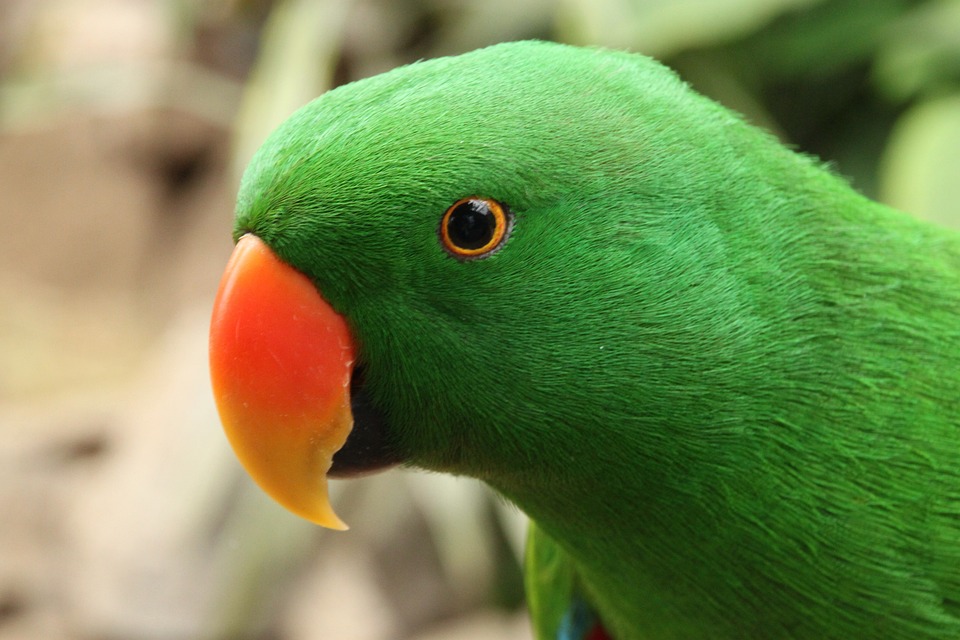Parrots are known for their vocal abilities, but excessive screaming can become a challenge for parrot owners. Understanding the reasons behind parrot screaming and implementing effective strategies to manage this behavior is crucial for both the bird’s well-being and a harmonious living environment.
Parrot screaming is a natural behavior that serves various purposes in the wild. It is important for owners to understand the underlying reasons behind this behavior in order to respond appropriately. Some common causes of parrot screaming include communication and socialization, environmental factors, and health issues.
Communication and socialization are key factors in parrot screaming. Flock calling and bonding are natural behaviors for parrots and they may use screaming as a way to communicate with their flock or seek attention from their owners.
Environmental factors can also contribute to excessive vocalization. Boredom and lack of mental stimulation can lead to parrots screaming for entertainment. Stress or fear, as well as changes in routine or surroundings, can also trigger excessive vocalization.
Health issues can also be a cause for parrot screaming. Pain or discomfort can lead to a parrot screaming in an attempt to communicate their distress. Hormonal changes during breeding season can also increase a parrot’s vocalization.
While completely eliminating parrot screaming may not be possible, there are strategies that can help reduce and manage excessive vocalization. Providing adequate mental stimulation is crucial. This can be done by offering a variety of toys, puzzles, and foraging opportunities, as well as engaging in interactive playtime with the parrot.
Sufficient physical exercise is also important. Allowing regular flight time or providing a safe and spacious environment for the parrot to move around can help reduce excessive vocalization. Encouraging climbing, swinging, and other physically stimulating activities can also be beneficial.
Establishing a consistent routine is another key strategy. Parrots thrive on routine, so ensuring predictable feeding, play, and sleep schedules can help reduce excessive vocalization. Maintaining a calm and structured environment can also contribute to a parrot’s well-being.
Positive reinforcement is an effective tool in managing parrot screaming. Rewarding desired behaviors with treats, praise, or attention can help reinforce those behaviors. It is important to ignore excessive screaming in order to avoid inadvertently reinforcing the behavior.
Addressing underlying health issues is crucial. Regular veterinary check-ups can help identify and treat any health problems that may be causing excessive vocalization. Consulting with an avian veterinarian regarding hormonal issues during breeding season can also be beneficial.
If excessive vocalization persists or worsens, seeking professional help from an avian behaviorist or trainer is recommended. They can assess the parrot’s environment and behavior and provide tailored strategies for managing excessive vocalization.
In conclusion, understanding the reasons behind parrot screaming and implementing effective management strategies can help create a peaceful and happy coexistence between parrots and their owners. By providing mental and physical stimulation, establishing a consistent routine, and addressing any underlying health issues, excessive vocalization can be successfully managed, ensuring the well-being of the parrot. Seeking professional help when needed is always a valuable option for resolving persistent behavioral issues.









